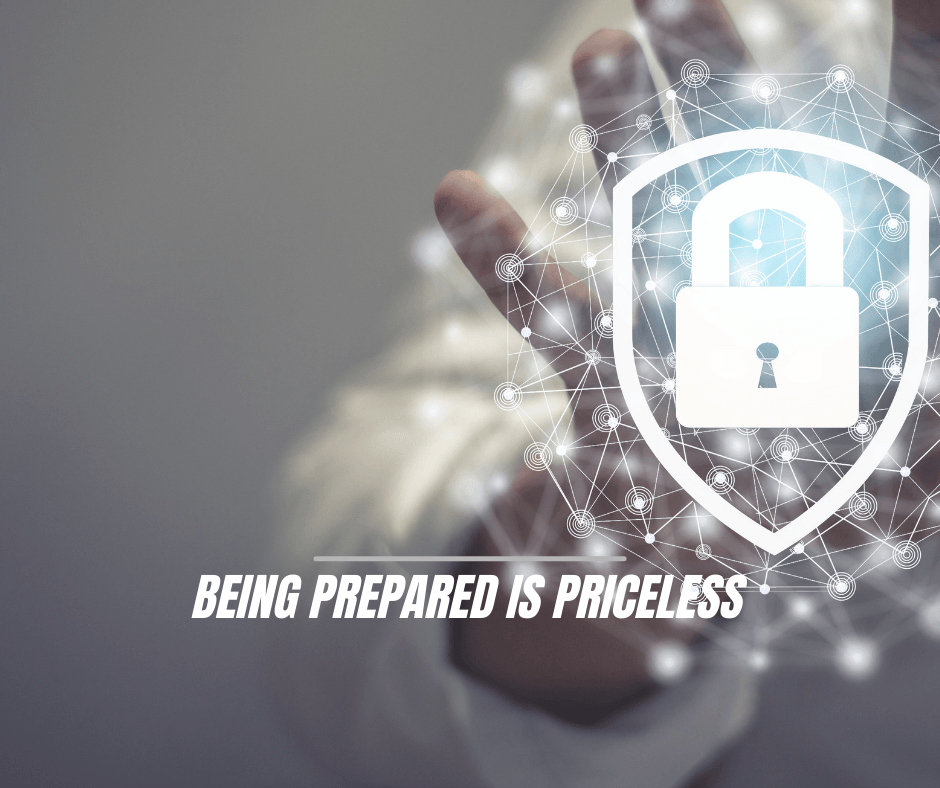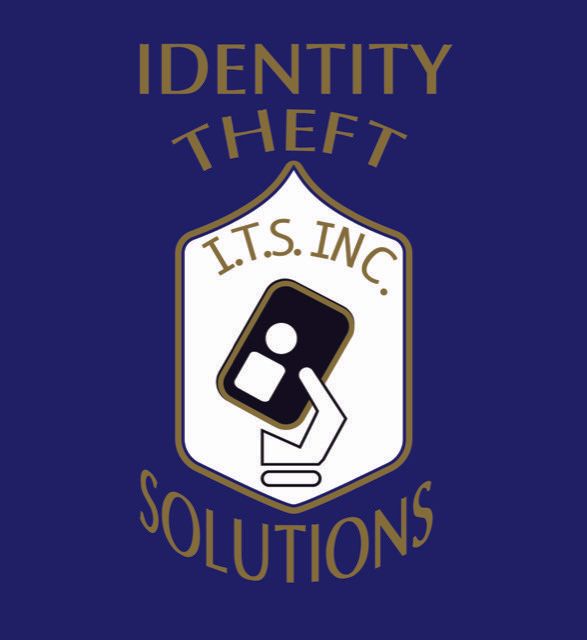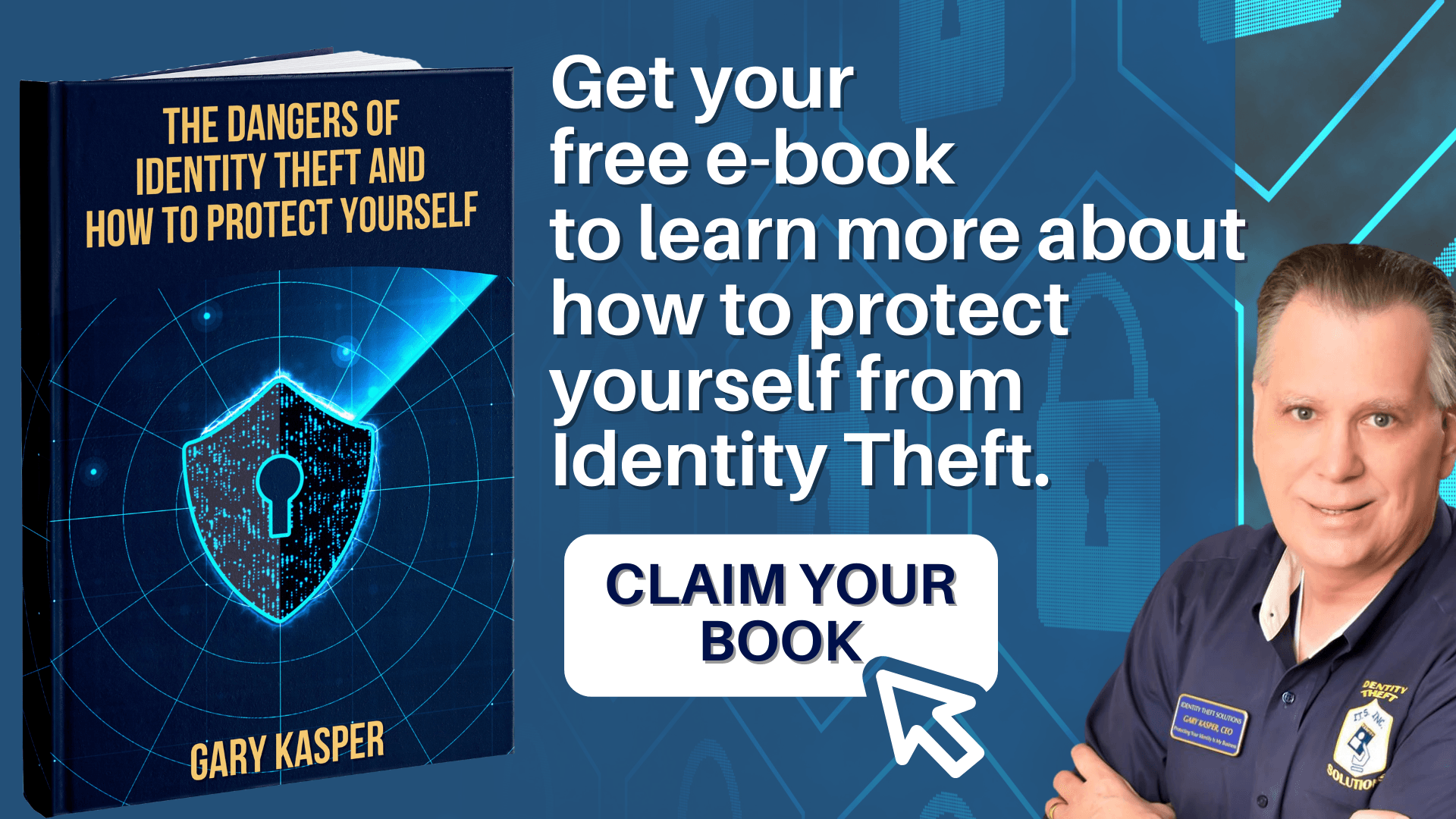
Survivors generally desperately want to honor the last wishes of loved ones who have died. That's problematic when final wishes haven't been shared. An absence of guidance can double the pain of losing a dear friend or relative.
The same is true if you agree to manage their estate. You can't imagine some of the questions that will hit you if you're appointed executor. You won't even realize you lack the answers until it's too late.
Survivors struggling with grief don't need the added burden of an informational scavenger hunt, but in today's world, they run into one significant obstacle—accessing the digital records left behind. Increasingly, digital devices contain the primary history of the life someone lived, and those files probably need a guardian as much as any minor child would.
Misconceptions Abound
When someone dies, it can be difficult to gain access to password-protected phones and laptops. A death certificate is rarely enough. Further, a simple photo won't unlock that device via facial recognition.
Don't believe friends who tell you a funeral home can help access someone's smartphone after death. Many biometric evaluations run on infrared sensors or radio frequencies. These days, facial recognition programs can evaluate heat signatures or signs that the owner is paying attention to the screen. Biometrics that measure electrical conductivity may be hindered; the body's currents are no longer present.
Fingerprints won't be easy to utilize after death, either. Today, one major smartphone company disables Touch ID if it's not used in 48 hours also.
If you're close to a person in failing health and know you're designated to manage their final accounts, discuss how to gain access to all digital records. Being well-prepared will deliver peace of mind to both of you.
Discuss adding a second individual's fingerprints to devices before the need arises. In addition, some smartphones will allow you to add one additional face to your Face ID unlock formula to cover issues such as unexpected death.
The No. 1 Reason You Can't Find a Will
You'd think that more individuals would write Wills or establish estate plans. Unfortunately, the numbers tell a different story. A tally of Americans who've executed a Will decreased significantly over the last four years, and the numbers were surprisingly low before that decline.
Only 1 in 3 Americans has prepared a Will to guide survivors, according to a 2021 industry survey. Check this list of well-known folks who died without a Will—many worth millions: Jimi Hendrix, Pablo Picasso, Michael Jackson, Prince, Abraham Lincoln, Martin Luther King Jr. and Amy Winehouse. They all died without executing legal papers—a situation known as dying intestate. In these instances, estate wrangling and litigation have been costly.
Documents Survivors Need
Here's a shortlist of documents a single company might require from the executor or personal representative before they'll even disclose the balance of a deceased person’s 401(k) account:
- Social Security card or an official document including the complete number
- A bill with the deceased's current address to confirm their last residence
- Birth certificate(s) for the dead and any children
- Death certificate
- Marriage papers, if applicable
- Divorce documents, if applicable
- A driver's license or photo ID for the deceased
- Letters of Appointment for the executor or personal representative
Collecting these documents to determine assets requires real detective work. The same is true for debts. If you inherit stacks of disorganized papers and need help locating vital pieces, this task becomes daunting. For example, most of us can't find our own Social Security cards, so what are the odds an executor can successfully locate one for the departed?
Each institution establishes its own rules. Some credit card issuers require a death certificate to cough up data, for example. Others don't. One gatekeeper may want to see photo IDs while another will disclose details immediately for someone identified as a close relative. Even the decedent's cat's health insurance provider might require official records to access the kitty's policy.
What To Know About Device Lock Out
Hopefully, some written instructions can guide you. When your father, daughter, brother or cousin dies without a Will, there is no road map. If estimates are correct, the average person holds 100 or more online accounts. That's a lot of data to comb through, even when you've located the needed credentials for access.
Cell phone and email providers aren’t likely to hand over passwords. They're serious about privacy even if the departed probably isn't entitled to protection.
CONTACT US
Gary Kasper: (559)-283-3417
Yulanda Kasper: (559) 283-2074
USEFUL LINKS
All Rights Reserved | Identity Theft Solutions | Privacy Policy | Website by EGS Marketing Solutions


